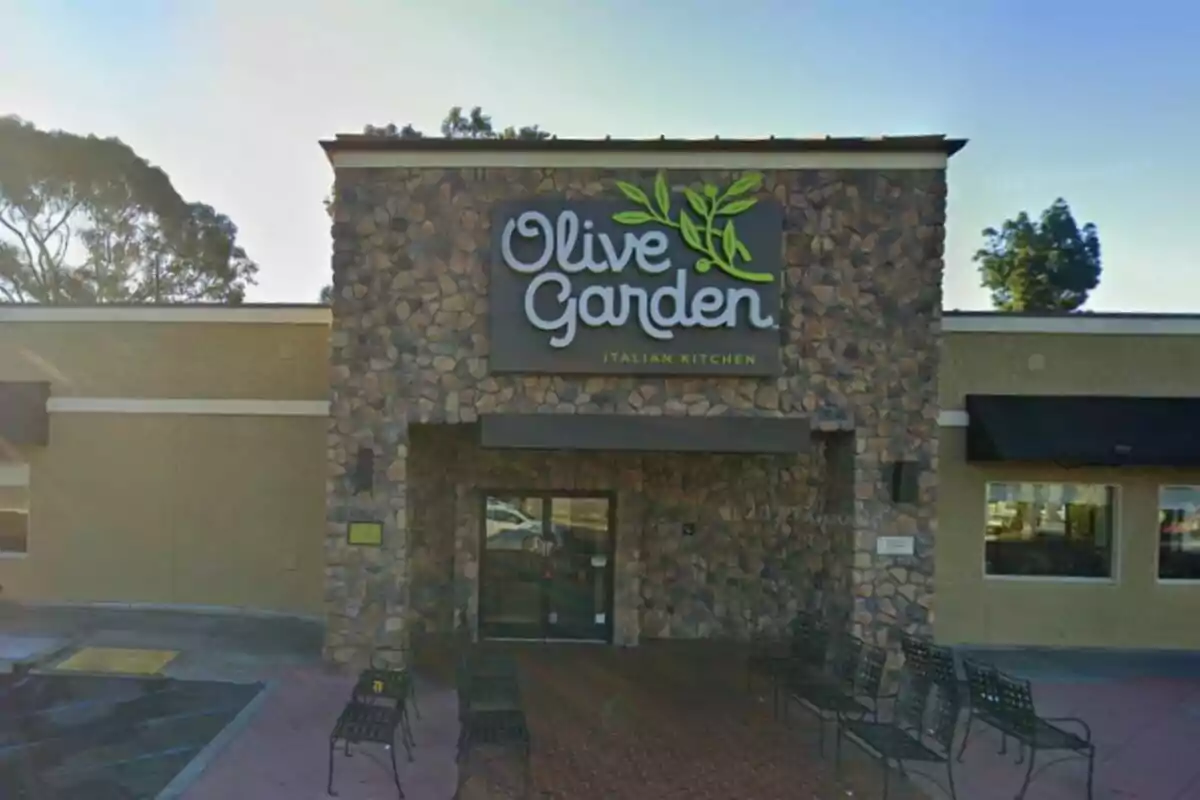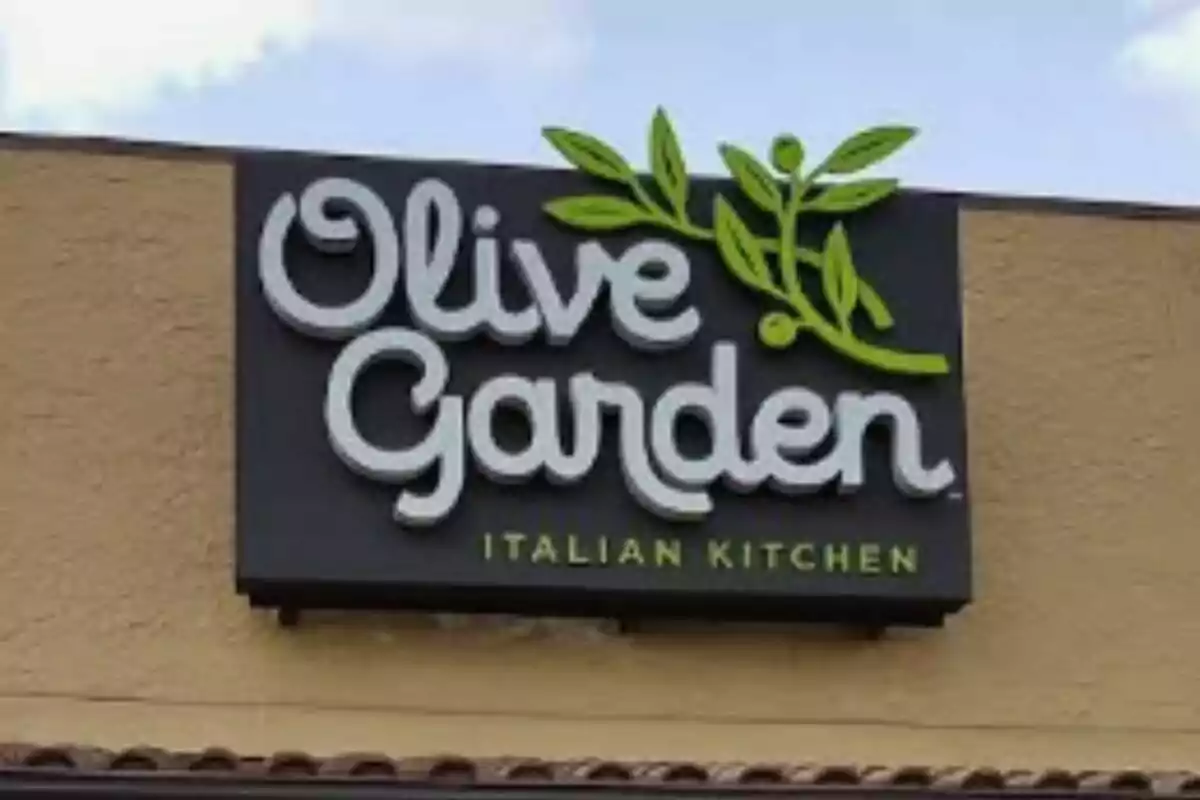
Goodbye to Olive Garden: the well-known restaurant chain files for bankruptcy
The chain is in a situation that could affect its presence in the restaurant market in the United States
The Italian restaurant sector has experienced years of economic contrasts. Some chains have achieved impressive sales figures, while others like Olive Garden have faced serious financial difficulties. Competition and changes in consumer habits have created a complex scenario for this company.
The well-known chain Olive Garden is in a very delicate situation. According to recent data, its parent company has filed for bankruptcy to reorganize its businesses and restructure debts. The decision reflects the problems that have affected the sector in recent years, including inflation and reduced consumer spending.

Factors that led to Olive Garden's crisis
Olive Garden had been the sales leader in the Italian casual restaurant sector since 2018. However, in 2024 it was surpassed by the steakhouse chain Texas Roadhouse, which recorded a 14.7% increase, reaching $5.5 billion. Meanwhile, Olive Garden grew only 0.8%, with $5.2 billion in sales, according to Technomic data.
The increase in labor and food costs, driven by inflation, has been one of the factors that have affected profitability. In addition, the decrease in customer traffic due to lower discretionary spending has significantly reduced the revenues of many establishments. Lease rates, which in some cases are no longer profitable, have also added financial pressure on Italian chains.
During the past two years, several Italian restaurant chains have filed for bankruptcy protection, including Buca di Beppo in August 2024 and Bertucci's in April 2025. Major pizza franchises such as EYM Pizza L.P., People First Pizza Inc., and Red Door Pizza LLC also declared bankruptcy between 2024 and 2025, showing a worrying pattern within the sector.

The new chapter of the chain
Bravo Brio Restaurants, which includes Olive Garden and other high-level Italian restaurant brands such as Bravo Italian Kitchen and Brio Italian Grille, filed its bankruptcy petition. The filing was made under Chapter 11 on August 18, reveals The Street. This is the second time in five years that the company has entered this process, after the effects of the pandemic severely affected the restaurant industry in 2020.
The company is controlled by Earl Enterprises, owner of Planet Hollywood, and filed in the U.S. court assets and liabilities valued between $50 million and $100 million. Its largest unsecured creditor is food distributor Sysco Corporation, to which $1.9 million is owed. For now, it has not been reported whether the company has secured financing during the process or if it has reached agreements with its creditors to restructure the debt.
This new chapter in Olive Garden's history reflects the challenges many Italian restaurant chains face. The combination of high costs, changes in consumption, and fierce competition is redefining the sector's landscape. Meanwhile, analysts and customers are closely watching how the chain will try to reorganize and overcome this financial crisis.
More posts: